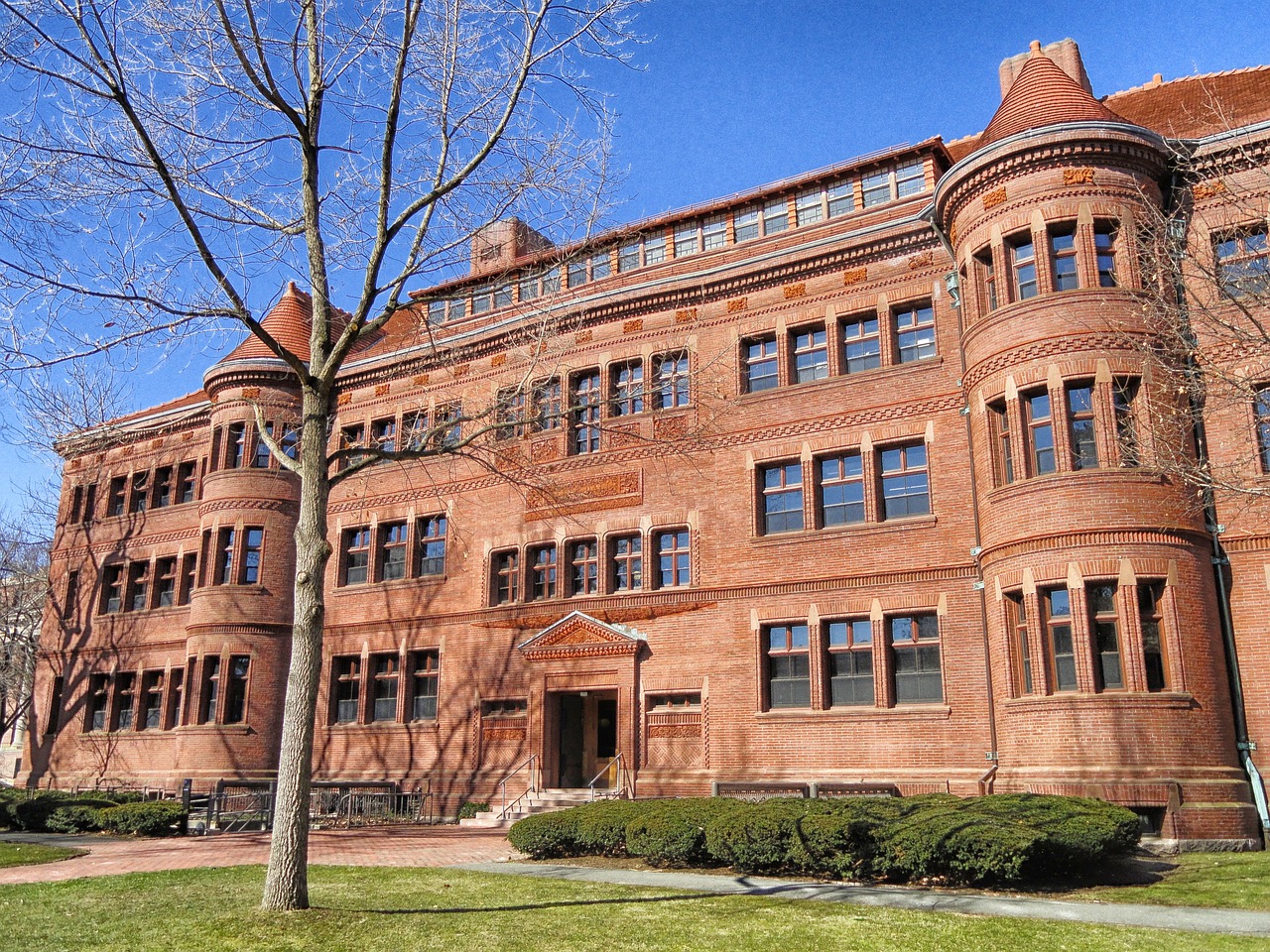
Hello my friends, it has been a while. I’m finally done with my first summer of pretending to be a lawyer, which means exactly two things: 1) I have time to blog again and 2) I can now definitively say that being in law school is not very similar to actually being a part of the legal world. Also I drank a lot of coffee. But that wasn’t really anything new.
This weeks post is, therefore, born of a combination of the first two things. Because I’m now convinced, more than ever, that there is one essential task that every single LSAT student should undertake before they fill out their applications:
Figure out what a lawyer does.
Now, this may seem pretty obvious, but I’m completely serious. Unless you are currently a paralegal or working in a legal department of some organization, you likely have no idea what a lawyer actually does. Watching Law and Order will not solve this problem. (Not that that should stop you from watching Law and Order, as there is always the 5% chance that Stabler takes off his shirt.)
Instead, this week I am going to share with you some of the experiences of legal interns at various summer jobs. Now, HUGE DISCLAIMER, these experiences are of students who are pretending to be lawyers, so they will likely be somewhat different from the experience of actual lawyers. Also, they were gathered by very unscientific GChat surveys that went something like this:
Me: Yo, I have to write a blog and you actually know my secret identity. Tell me about your summer internship.
Friend: No.
Me: Please? I’ll buy you a drink…
Friend: Ok. By the way, just yesterday I vowed to start only drinking top shelf liquor.
Me: Awesome.
So what follows is my retelling of the shoddy information that cost me more than I’ll get paid to write it. I hope all six of my readers appreciate this sacrifice.
However, before we get to it, I want to offer what may be the one piece of valuable advice I will ever give on this website. First hand experience is way more important than whatever secondhand information you can gather in other ways, so visit some of the places you think you would like to work BEFORE you enroll in law school. Seriously, send an email to an organization that you are interested in and ask if they’d let you come by for a while, or see if one of your friend’s parents (or their divorce lawyers) will let you pop into the office one day. They are likely to say yes, and if not, you haven’t lost much.
Then, once you find a willing mentor, put on a suit and go check out what the lawyers actually do. Talk to them, ask questions about their job, and how it is or isn’t like what they expected. You are considering making a three-year and many thousand dollar commitment; do all the research you can first. It is one thing to know that the law schools you are interested in will help you get a job, but it’s also important to make sure you actually have an interest in working that job for the rest of your life.
That being said, here is a rough outline of the three areas most lawyers find themselves in during summer internships and immediately after law school: firms, working for a judge and non-profit/government work.
Firm
Ahh, the holy grail for many LSAT monsters. Not necessarily because they have any idea what a summer or young associate for a law firm actually does, but because they know how much they make… and let’s face it- they make some sweet money. So, should you choose to go this route, what sort of things would you be likely to “enjoy”?
Well, in litigation you research and write memos and research and write memos. And then get told to research more. As a summer, and even baby real associate, you are generally researching things that have already been researched by people much more senior than you, so the excitement level can be considerably reduced. Although, eventually, you may get to the point where you are the first researcher, which many law students agree must be pretty cool. Maybe, one day, you’ll even get to the point where you are responsible for actual litigation. But that’s far away, and you start small.
In corporate, on the other hand, a summer associate is mostly just searching for old documents of whatever you’re doing this time. Then they change the names, do some editing, delete a clause, insert a clause, and deliver it for signing. Again, there are lawyers who do the challenging and original work; who, for example, figure out how to best split a company in 50 countries to get the best tax breaks and make the most money and be legal. That’s insane, and likely awesome. But those lawyers are not the baby lawyers, and it takes a while to get there.
Working for a Judge
Potentially the other route that many LSAT students aspire to. One that makes up what it lacks in pay with nobility. It is the first step to academia, and/or maybe to one day donning the robe yourself. So what do summer interns and clerks actually do?
Now, depending on the judge you may have way more or less responsibility as a 1L intern. But, if your judge is willing to give you a lot of responsibilities, your days will be full of reading motions on the docket, reading the opposition and replies, doing research on the law, briefing the judge on the outcome of that whole process and what you think the judge should do. After all of this, the judge will decide what he thinks, and you may be able to draft the order. Plus, you’ll able to watch a lot of courtroom activity and work with the judge’s clerks. Again, this is a pretty ideal situation, a judge who has less faith in interns would likely ask you to do much less. But, if you are shooting for the stars, then this will be your life.
Non-profit/Government
So this is both the broadest and most unpredictable area of work. Non-profits and government departments do many, many different things, so the work can really vary from group to group. However, the one thing you can count on almost across the board is doing research. Most of your days will likely be spent at your computer, researching and writing, just like your comrades in other legal fields.
At the same time, this is also the area where you are most likely to have an opportunity to do something other than research. Especially in non-profits, you may end up interviewing potential clients, meeting with other groups that your organization works with, creating publicity and awareness materials, etc., etc. Since resources are usually more limited, and thus administrative and non-legal staffs are smaller, it’s likely you’ll be expected to do things outside of the strictly legal arena. You’ll also get paid a lot less. A lot less.
Do any of these sound appealing? Then it looks like law may indeed be the right track for you. Would you rather stab your eyeballs out than any of the above activities? Then maybe you should look into another field. Either way, research and experience are the best ways to figure out which next step is best for you- so don’t neglect it. And happy studying in the meantime.




